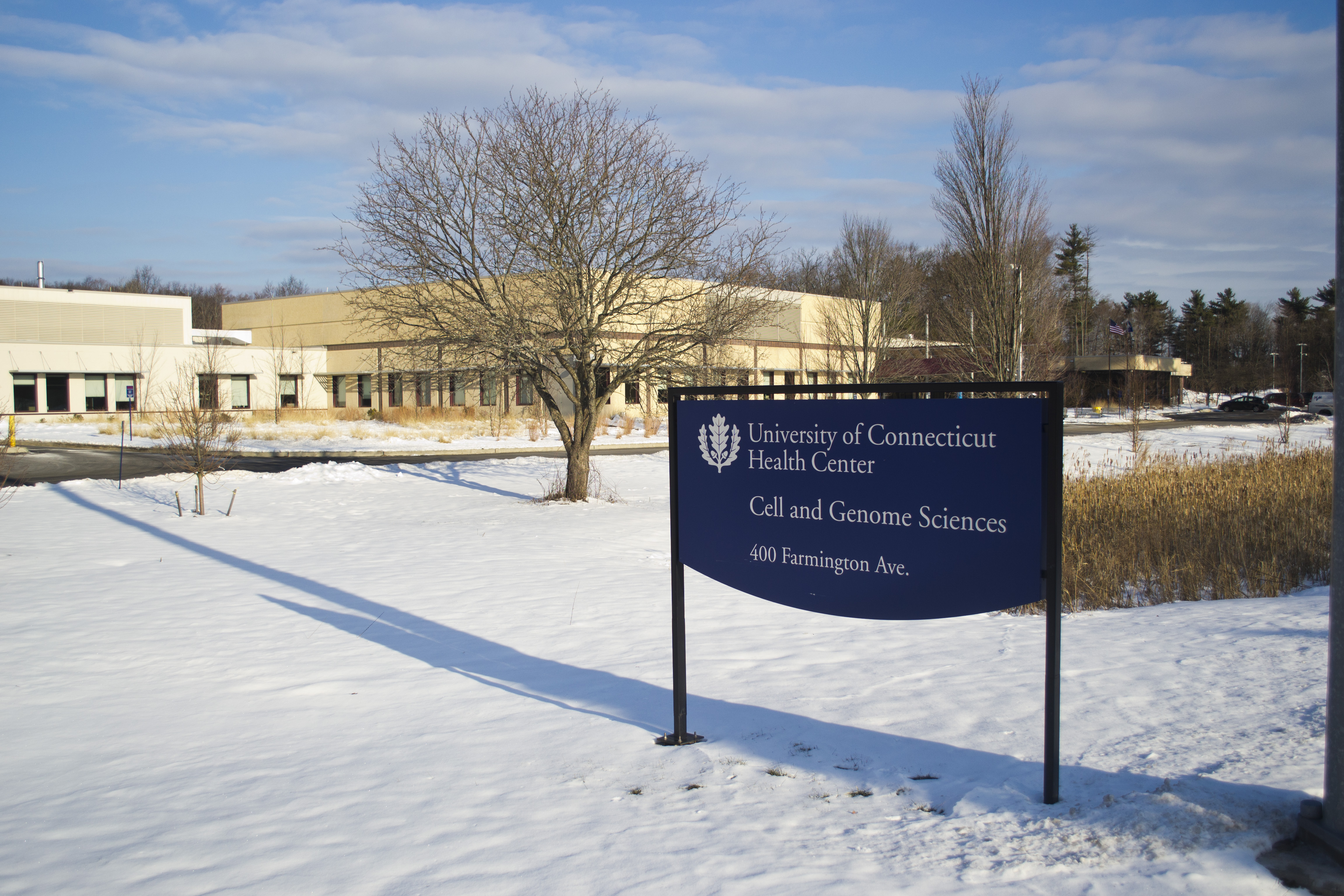MultiClonal Therapeutics Inc. (MCT) has selected UConn’s Technology Incubation Program in Farmington as its new location, where it will pursue the development of therapies based on the company’s transformative platform for cloning patient-specific stem cells.
MCT was recently formed by a research team led by Jackson Laboratory (JAX) researchers Frank McKeon and Wa Xian. The company will apply technology discovered by McKeon and Xian to model major diseases, key regulators discovered, and small molecule and biologics validated across patient cohorts. MCT will focus on chronic inflammatory diseases of the airways and gastrointestinal tract, regenerative strategies for organ-specific diseases, and therapies directed at cancer stem cells and chemotherapy-resistant variants.
McKeon and Xian’s discovery of a lung regeneration mechanism was reported in the Nov. 12, 2014 issue of Nature. Also in November, the State of Connecticut Bond Commission approved a $1.1 million Regenerative Medicine Grant to JAX in order to further the team’s research on mechanisms of Crohn’s Disease revealed by patient-specific stem cells.
“November has been a banner month for our partners at MCT and for UConn,” said Jeff Seemann, UConn’s vice president for research. “We are excited to see MCT participate in the University’s job creation effort. This company is the first of many startups expected to result from the State’s recruitment of JAX to Connecticut, and the University is pleased to offer the facility needed to retain this promising venture in the state. The TIP location allows a prestigious research team to continue its important scientific work in Connecticut, and to seamlessly apply their learnings to personalized therapies being developed within a promising new company.”
McKeon noted that UConn has been a partner in the company’s research, along with other prominent institutions including the Genome Institute of Singapore and Brigham and Women’s Hospital of Harvard Medical School. “Now as a member of the Technology Incubation Program, that partnership will grow in multiple directions,” he said. “MCT’s UConn location will bolster its success by providing resources to support both our business and R&D needs.”
The UConn Technology Incubation Program is part of the University’s multifaceted technology commercialization enterprise and provides labs and research and development resources as well as business development services both to emerging companies and to existing firms expanding into new markets. Incubator programs remove some of the risk and startup costs for entrepreneurs, and raise visibility for companies among prospective investors. In 2013 alone, the 20 companies in UConn’s incubator program employed 58 full-time and 48 part-time staff members, secured 13 patents, and had another 56 patents pending.



